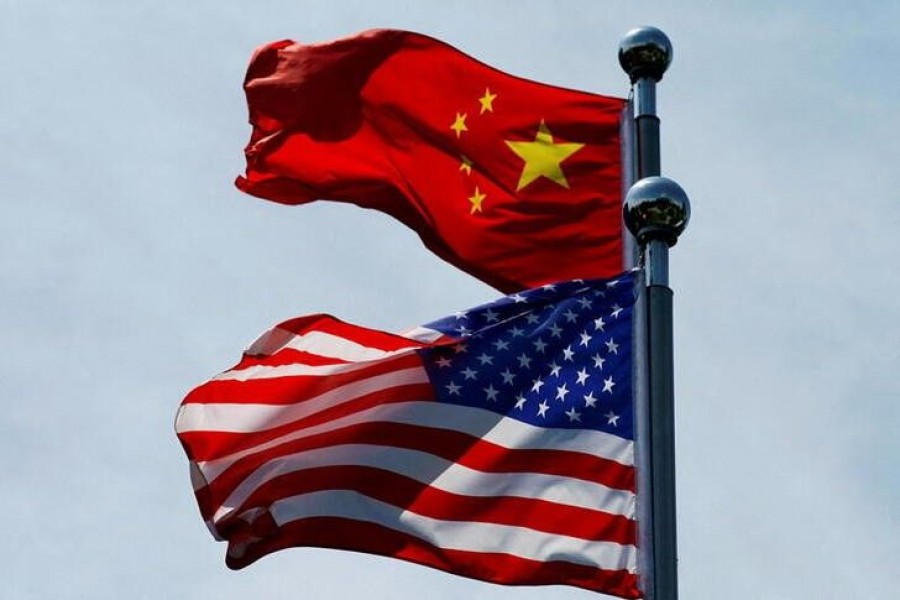The United States must meet its international obligations on climate change and do more than "shout slogans", China's foreign ministry spokesman Zhao Lijian said on Friday following a U.S. Supreme Court ruling limiting Washington's ability to cut power sector emissions.
The Supreme Court voted to constrain the authority of the U.S.'s Environmental Protection Agency to regulate greenhouse gas emissions from existing coal- and gas-fired power plants under the Clean Air Act, sparking dismay among environmentalists.
Zhao told reporters at a regular briefing that the ruling had been criticised by the international community, adding that "it is not enough to just shout slogans to tackle climate change".
"We urge developed countries, including the United States, to... face up to their historical responsibilities and show greater ambition and action," he added.
Environmentalists in China said the decision could further undermine the broader climate relationship between Beijing and Washington, which has played a crucial role in securing global agreements to curb climate warming greenhouse gas.
"The ruling carries profound implications and will significantly weaken the conditions for future U.S.-China climate talks," said Li Shuo, senior adviser with Greenpeace.
"Backsliding" by the United States could also make it more unlikely that China will take more action to curb its coal consumption, which reached a record high in 2021, Li added.
“The Chinese side believes there won't be any quid pro quo on climate between them and the United States," he said.
President Xi Jinping pledged last year that China would start cutting coal consumption in 2026, with state think tanks expecting coal-fired power generation capacity to rise by another 150 gigawatts over the 2021-2025 period.
Amid concerns about economic growth and energy security, senior officials have continued to stress the need to manage the low-carbon energy transition with care.
Vice-Premier Han Zheng this week described coal as a "ballast" for the economy, adding that China "needs to maintain the bottom line of energy security based on the basic national conditions of coal predominance."


